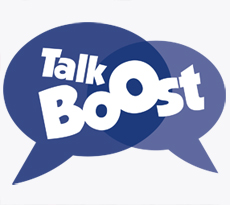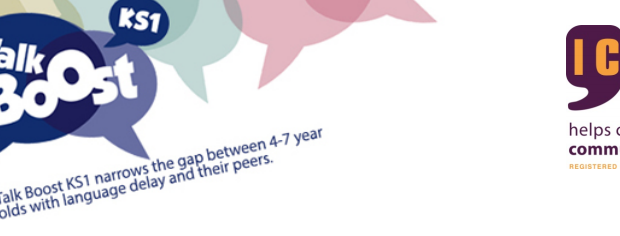Integrated Treatment Services are able to provide training courses on Talk Boost Key Stage 1 at your school or at centrally run venues around the UK.
What is Talk Boost?
 Talk Boost is a targeted and evidenced based intervention, which supports language delayed children in KS1 to make significant progress with their language and communication skills.
Talk Boost is a targeted and evidenced based intervention, which supports language delayed children in KS1 to make significant progress with their language and communication skills.
For the first time ever, Ofsted will be evaluating standards in communication and focusing on how schools narrow the gap between children with the lowest and highest attainment.
Talk Boost will help schools meet these standards.
Key benefits of Talk Boost:
Talk Boost can help schools raise KS1 achievement by:
- Identifying vulnerable learners -Providing a structured evidence based programme that accelerates children’s progress in language and communication
- Supporting the foundation language skills that lead to phonics
- Increasing classroom participation by improving confidence and skills in listening, vocabulary, narrative, sentence building and conversation
A 10 week evidence based intervention programme has been developed that includes;
- 30 sessions of activities with materials
- Activities for the whole class and parents
- Monitoring and evaluation documentation
Talk Boost builds the quality of teaching by providing classroom staff with practical activities that children enjoy.
Talk Boost can improve behaviour for learning by developing children’s attention and listening skills and confidence in communicating.
Talk Boost aids leadership and management with its progression tool. This helps schools identify and measure children who need additional support and informs target setting.
Talk Boost also provides guidance for successful engagement with parents. ICAN provides answers to some FAQs here
An example of Talk Boost activities/sessions:
Week 1 / Focus on Listening / Session 1 / Vocabulary Sorting game
This exercise helps children learn how to sort words into different categories. This is a crucial part of building an effective mental filing system, helping children learn and remember words and their meanings.
How does it work?
Delivered by teachers, training assistants and volunteers to small groups of children that have been identified with language delay
- The children are from reception classes, year one and year two (age 4 -7)
- Sessions last 30 – 40 minutes and run three times a week over a ten week period by the teaching assistant
- Each session focuses on the key components of language – listening and attention,vocabulary, sentence building, storytelling and conversations
- In total, 120 activities are delivered over the ten week period
- Whole class activities are provided to be delivered each week by the teacher toensure a focus on language permeates the wider classroom
Why do we need Talk Boost?
Children starting school with speech, language and communication needs (SLCN) may struggle with any aspect of speech, language and communication. A child who struggles to speak will often struggle to read and write. This issue can be compounded if children are exposed to teaching of reading and written language before their spoken language skills are developed enough to access this teaching.









